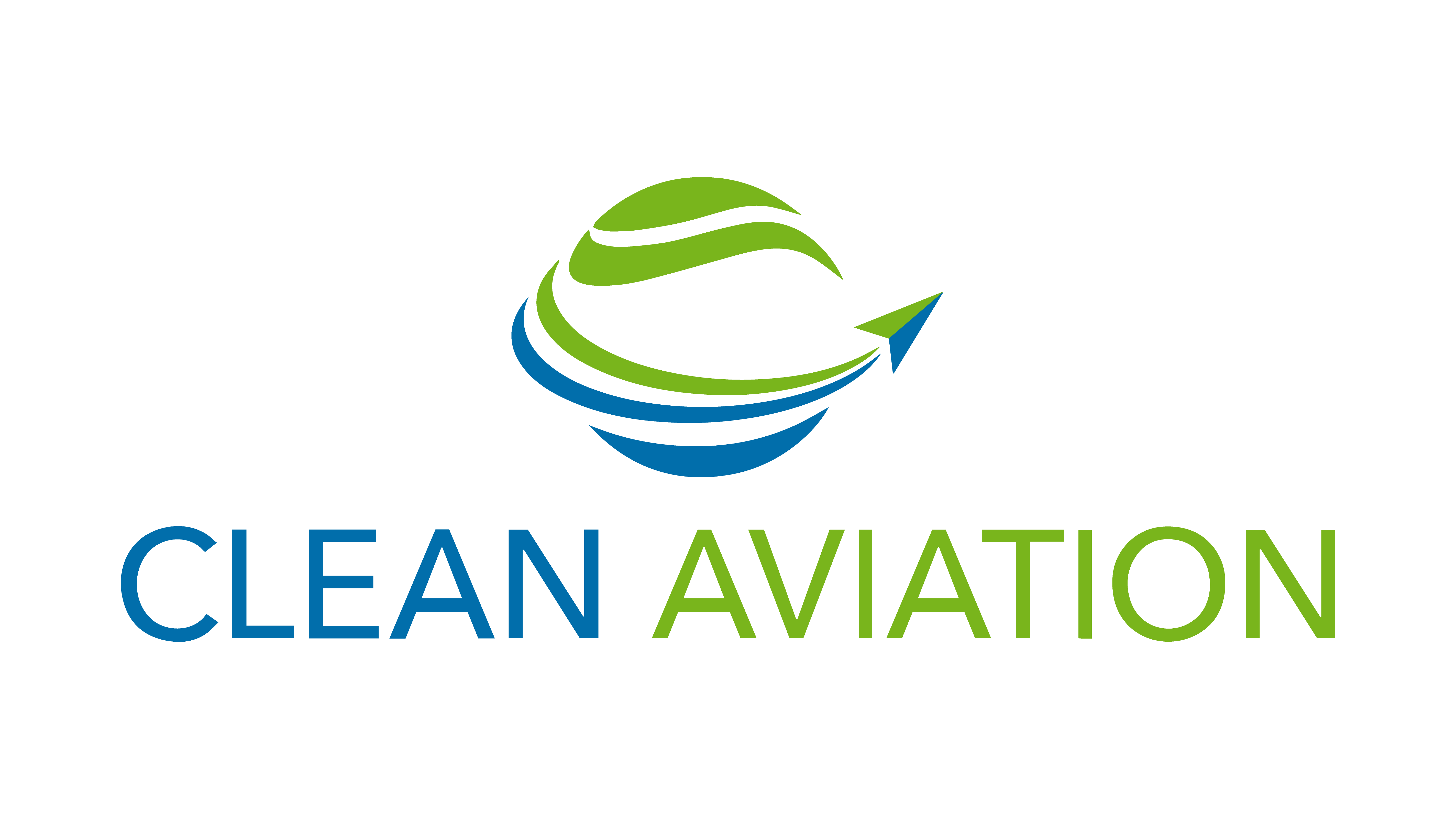FASTER H2 Project
Fuselage, Rear Fuselage and Empennage with Cabin and Cargo Architecture Solution validation and Technologies for H2 integration
Start date: 2023
End date: 2026
Participants. The FASTER H2 project coordinator is Airbus Operations GMBH, among its multiple partners are: Deutsches Zentrum für Luft- und Raumfahrt e.V., Aernnova Aerospace S.A.U., Aernnova Engineering Division SAU, Aernnova Composites SA, Alestis Aerospace, S.L., CirComp GmbH, esploro projects GmbH, Fraunhofer-Gesellschaft zur Förderung der Angewandten Forschung e.V., Fundación Centro de Tecnologías Aeronáuticas, Fundación GAIKER, Fundación para la Investigación, Desarrollo y Aplicación de los Materiales Compuestos, Honeywell International SRO, Instituto Nacional de Técnica Aeroespacial, IRT Antoine de Saint Exupéry, LGAI Technological Center S.A., Office national d'études et de recherches aérospatiales, OPTICS11 BV, Stichting Koninklijk Nederlands Lucht- en Ruimtevaartcentrum, Technische Universitaet Braunschweig, Technische Universiteit Delft, Airbus Operations SL, C.I.R.A. Centro Italiano Ricerche Aerospaziali ScpA, Sogeclair Aerospace Sociedad Anonima, Universidad Carlos III de Madrid, Technische Universität Hamburg, EconCore N.V., Danmarks Tekniske Universitet, Airbus Operations SAS, ACITURRI Engineering SL, LEONARDO S.p.A., BoostAeroSpace, Panepistimio Patron, Airbus Atlantic, EoF.
Funding: Following the proposal evaluation phase, Clean Aviation Joint Undertaking, a public-private initiative co-founded by the European Union and a benchmark for the development of new disruptive aeronautical technologies, has approved the FASTER-H2 project, funded with approximately 25 million euros.
During its first call, the Clean Aviation program will allocate almost 728 million euros to the development of 20 projects. These projects are led by leading European companies such as Rolls Royce, Airbus Operations or Safran, and also by Spanish firms such as Airbus Defence and Space and Aciturri.
Background
To achieve a climate-neutral flight, short- and medium-range aircraft should rely on ultra-efficient propulsion technologies based on thermal energy and sustainable fuels, such as hydrogen.
When it comes to ensuring climate neutrality, it is also essential to integrate the fuel tanks and distribution system into the entire aircraft structure, also incorporating the use of sustainable materials for fuselage and empennage.
Thus, due to the specific properties of hydrogen (used as a sustainable fuel), typical aircraft configuration should be reconsidered to ensure that hydrogen is distributed under conditions that are both realistic and safe for operation.
The FASTER-H2 project is part of Clean Aviation, an aeronautical development program funded and promoted by the EU under Horizon Europe, a research and innovation framework. Specifically, FASTER-H2 develops the rear part of a fuselage for the new medium-range aircraft (A320 type) to ensure that its hydrogen compatible.
Our contribution
As a testing laboratory, Applus+ Laboratories supports FASTER-H2 partners through the validation of solutions for hydrogen tank fuselage integration.
To do so, our structural laboratories will test the anchoring systems of the hydrogen tank to the aircraft fuselage. We will then test structures based on biomaterials to validate and compare the mechanical capacity of components on board.
Additionally, we will evaluate the resistance and reaction to fire of different materials of flames caused by hydrogen.
Throughout this project, we will provide its testing expertise and engineering capabilities to develop new test benches adapted to these specific conditions and new advanced structures.
Objectives
The FASTER-H2 project will validate, pre-select, develop and demonstrate key technologies to aid the architectural integration of an ultra-efficient airframe for short- and medium-range (SMR) hydrogen-fueled aircraft.
These advanced technologies will reduce the waste generated aircraft operations and optimise the use of materials and energy.
About Clean Aviation
The Clean Aviation Joint Undertaking is the European Union’s leading research and innovation programme for transforming aviation towards a sustainable and climate neutral future.
Pulling together the best talent and capabilities of the private and public sectors and developing cutting-edge technologies and making these available for a transformational leap in aircraft performance in the 2030s, the Clean Aviation Joint Undertaking will pave the way towards the EU’s ambition of climate neutrality by 2050.
Operating at the centre of a broad and diverse eco-system of players across Europe ranging from the aeronautical community, pioneering SMEs, research establishments and academia, it acts as a hub for new ideas and bold innovations.
As a European public-private partnership, Clean Aviation pushes aeronautical science beyond the limits of imagination by creating new technologies that will significantly reduce aviation's impact on the planet, enabling future generations to enjoy the social and economic benefits of air travel far into the future.


The project is supported by the Clean Aviation Joint Undertaking and its members. Funded by the European Union, under Grant Agreement No 101102003. Views and opinions expressed are however those of the author(s) only and do not necessarily reflect those of the European Union or Clean Aviation Joint Undertaking. Neither the European Union nor Clean Aviation JU can be held responsible for them.